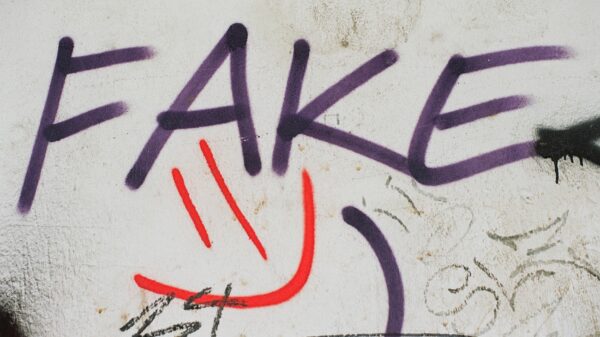The Telecom Regulatory Authority of India on Monday concluded its consultation on regulation of OTT services such as messaging apps by recommending that no changes be made to the existing framework. This essentially means that as far as TRAI is concerned, OTT regulation is not something it will assert itself on. This recommendation — that essentially nothing change — amounts to a rejection of telecom operators' arguments that apps like WhatsApp provide a service that resembles what telcos provide, and should be regulated more like a telco. OTT regulation was actually the title issue explored in a 2015 paper that was TRAI's first exploration of Net Neutrality. That paper's subject matter was later split into multiple consultations, like the one on differential pricing of data (that led to a Net Neutrality win), Internet Telephony, Net Neutrality, and Privacy in telecom services. What was supposed to be the main focus of the 2015 paper turned into what TRAI itself called "the residual" issue, explored at the very end. In an open house discussion on the matter in 2019, BSNL argued that OTT services that account for a large amount of bandwidth should share network costs; Jio argued that they should be required to comply with lawful interception requests like telecom operators; and telecom consultant Mahesh Uppal said that the issues raised in the paper -- which primarily centred around telecom operators' concerns — had been more or less settled globally and that this consultation was "five years too late".





























